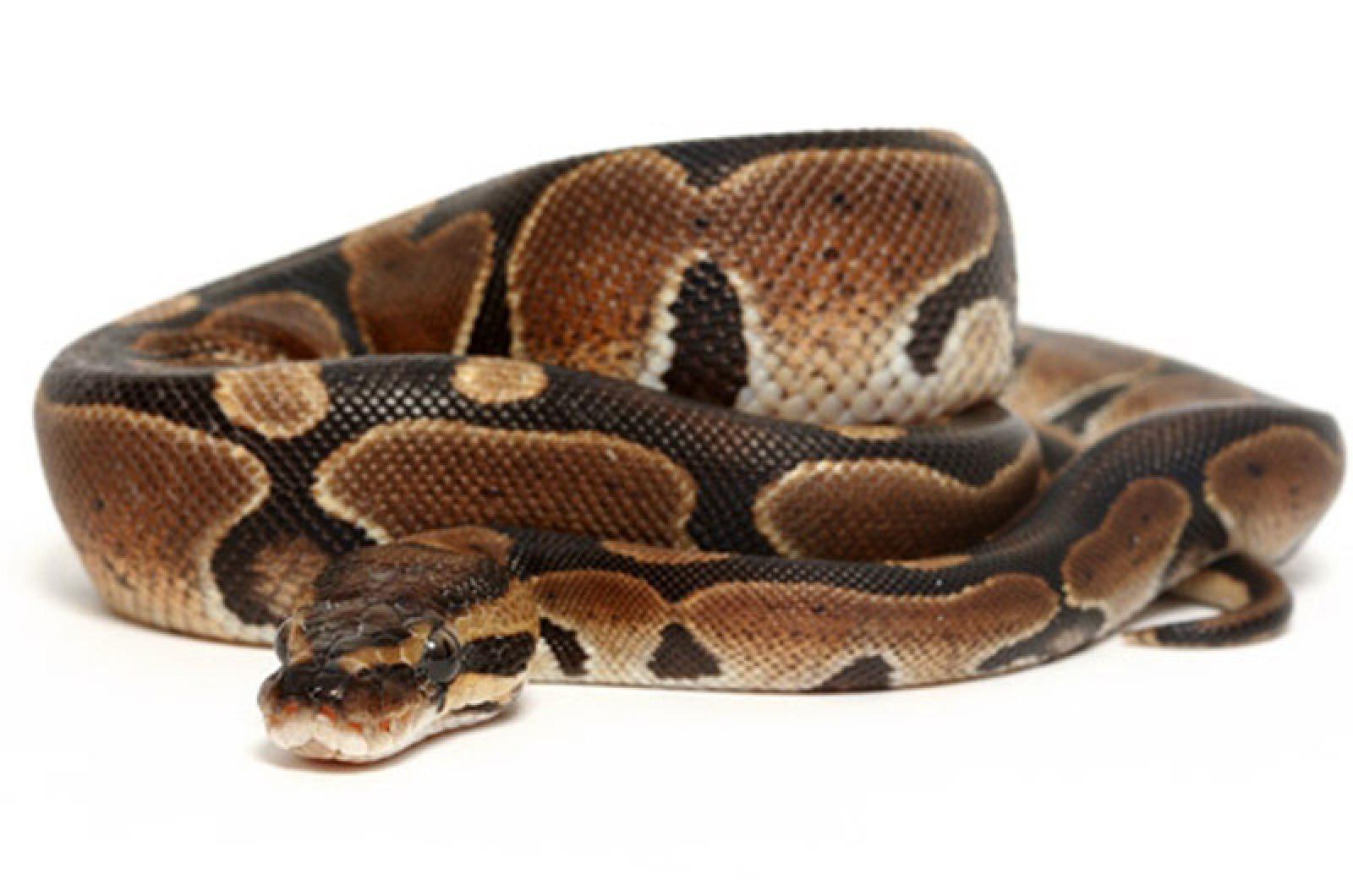“The serpent situation is under control.”
This is the best one-liner I’ve heard in a long time, and it came from a Tisbury police officer last week after a ball python that was found roaming the streets of Vineyard Haven was captured.
The four-foot-long ball python in question likely had a name, since it was a pet that had escaped and gone on a walkabout. The officers, however, weren’t asking, calling the animal control officer for assistance instead..
In the end, the snake was caught and eventually returned to its owner, but not before causing some anxiety for everyone involved. Pets can sometimes become pests, whether of the exotic or domestic type.
Ball pythons are one player in the exotic pet industry. Exotic pets are loosely defined as nonnative or wild animals kept for pets. They are wild animals that have been bred and raised in captivity, or, sometimes, taken from their habitats. Many types of animals are included in this group.
Though exotic pets can be kept legally and safely, there can be ethical dilemmas associated with keeping these types of pets, and laws vary state to state. And sometimes, regardless of law, demand can be great enough to encourage illegal trade in some species.
The most obvious regulations are those that prohibit the taking of endangered species as pets. But from there, things can get murky, as specific laws protect different species.
The ball python in question was a legal pet per Massachusetts’s regulations, and is one of the most common types of pet pythons. It is known for its relatively small size (as far as pythons go) of four feet, and its less aggressive nature. Tell that to the responding officers.
Ball pythons are not venomous snakes (which do require permits in Massachusetts). Instead, as constrictors, they rely on their ability to squeeze and suffocate prey to death. This fact does cause concern to some, as 17 human deaths have been blamed on constrictor pet snakes since 1978. Every loss of life is a tragedy, but to be fair, note that domestic dogs in this country kill 20 to 30 people annually.
Aside from the danger of death or injury, there are other factors to take into account before adopting a snake or other exotic pet. Longevity, size, and health are just a few.
In some cases, exotic animals live far longer than their owners anticipate, or are prepared to care for them. The ball python found on Franklin Terrace might live to be 30 years old or more. Some turtles can live to the ripe old age of 100, making them pets for what could be generations. Considering all of the changes that take place over the course of one’s lifetime, it could well be a mistake to acquire such a long-lived pet.
If circumstances change and owners are no longer able to manage the demands of their pets, pets may be mistreated, killed, or released with implications to both the animal and the environment.
One example in Massachusetts is a turtle called the red eared slider, which, according to Mass Wildlife, is “prohibited because unwanted pets were released so often that they have now become established as a breeding non-native turtle in several areas of the state.” They can harm or compete with our native turtles.
Another challenge is size. Many exotic pets have space and habitat needs that cannot be easily replicated in the home or yard environment. And feeding can get expensive too.
The health of both the animal and your family can be at risk. When the cuteness of the pet wears off or they grow too big and expensive, neglect can occur. There are many instances of sickly and injured exotic pets found inside the house or out in the community after they are released. And the risk to humans of zoonotic diseases (conditions that can be transferred from one species to another) is a real concern. Herpes B, monkey pox, and salmonellosis can all be transferred from animal to human.
The takeaway is that exotic pets, especially snakes, while intriguing and unique, are not for everyone. In the case of Tisbury’s ball python, all involved came away without harm, but with a tale to tell. As actor Nicholas Cage said, “every great story seems to begin with a snake,” and this one certainly had a satisfactory ending. Not all do.
Suzan Bellincampi is director of the Felix Neck Wildlife Sanctuary in Edgartown, and author of Martha’s Vineyard: A Field Guide to Island Nature.




Comments
Comment policy »